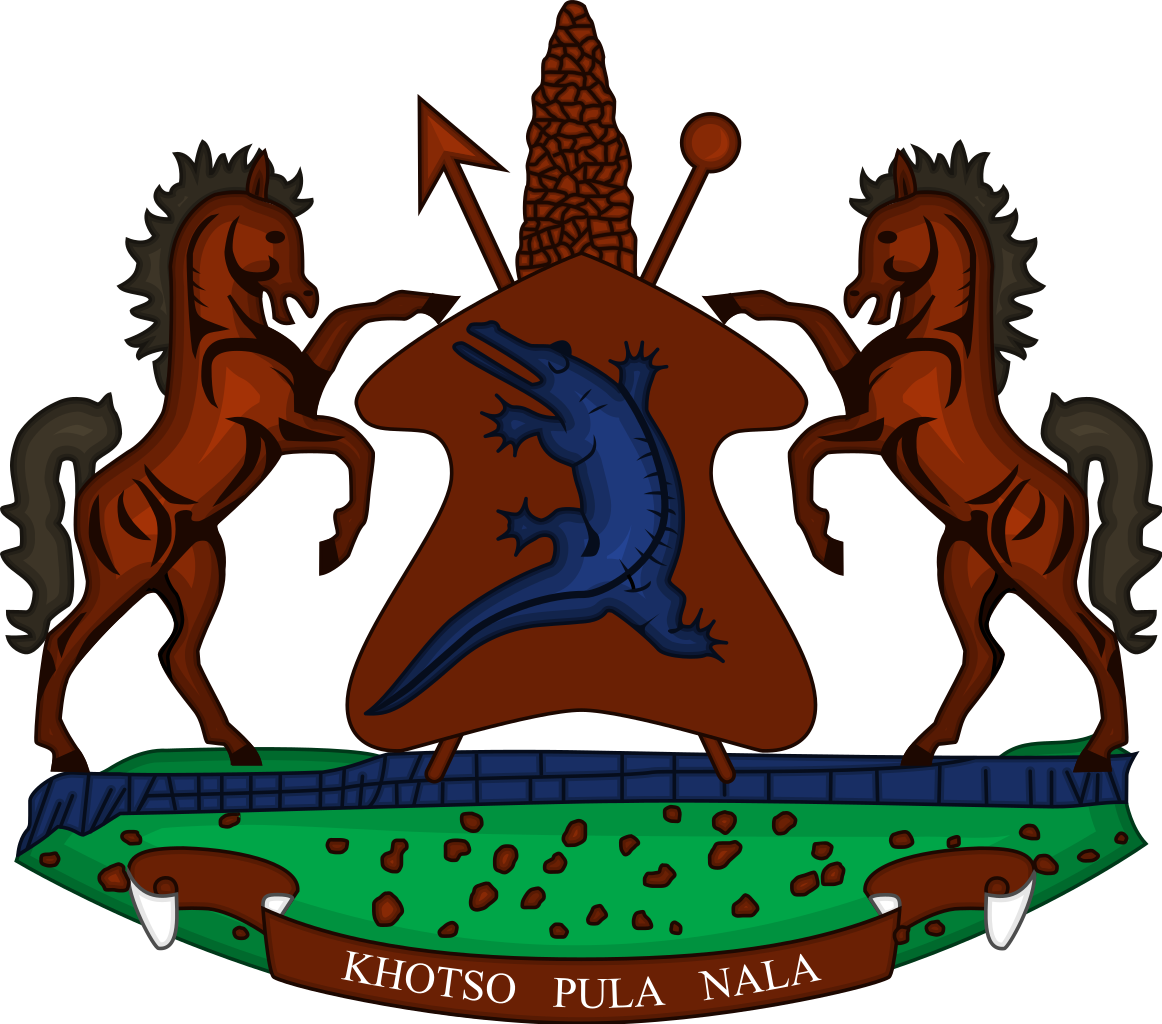Deputy Prime Minister, Justice Nthomeng Majara, officially opened a capacity building workshop on Transitional Justice Policy (TJP) for security agencies in Maseru on Monday.
The workshop was made possible by the African Union Department of Political Affairs, Peace and Security (DPAPS) in collaboration with the Centre for the Study of Violence and Reconciliation (CSVR), with coordination by Ministry of Law and Justice through National Reforms Transitional Office (NRTO) and funding from German Development Cooperation (GIZ).
In her remarks, Justice Majara indicated that in the recent past, Lesotho has had challenges regarding peace, stability and unity which resulted in divisions based on political lines. She said instability impacted negatively on Lesotho`s internationally image. She added that sadly, violence contributed to loss of lives and has also shaken the country’s economy due to loss of international investments.
She highlighted that with the support from the African Union Transitional Justice Policy (AUTJP), Lesotho will be able to reach its goal of attaining a stable, peaceful and reconciled nation. She said the idea is to capacitate security agencies on matters related to transitional justice which will help influence the perception of the public on security agencies across the country.
“The government of Lesotho is appreciative of the support that the African Union is offering to Lesotho by ensuring that the issues related to transitional justice are well achieved. The government`s will is to walk together with all stakeholders to the finish line, including the security agencies in order to achieve a peaceful, united and reconciled nation,” she concluded.
Similarly, the Minister of Law and Justice, Mr Richard Ramoeletsi said that the workshop comes at the right time when Lesotho is in the process of delivering the National reforms which are geared towards stability, peace and reconciliation.
He stated that Transitional justice is crucial for the promotion of human rights and justice, peace and security, good governance and development therefore aligning with the African Union (AU) Agenda 2063 and its First Ten-Year Implementation Plan which underscores the importance of these ideals as part of the drive towards the ‘Lesotho-We-Want’.
On the other hand, Dr John Ikubaje of the African Union said that transactional justice needs a special approach towards its implementation therefore the capacitation of security agencies is needed.
He reiterated that the African Union is willing to support the government of Lesotho in ensuring that it achieves its goals toward the implementation of transactional justice.
The African Union Transitional Justice Policy is a coherent and comprehensive framework building on Africa’s experience, and, as such, constitutes a significant contribution to the global discourse and practice on transitional justice.
It is also conceived as a continental guideline for African Union (AU) Member States to develop their own context-specific comprehensive policies, strategies and programmes towards democratic and socio-economic transformation, and achieving sustainable peace, justice, reconciliation, social cohesion and healing.
Source: Lesotho News Agency (LENA) 03/12/2024




